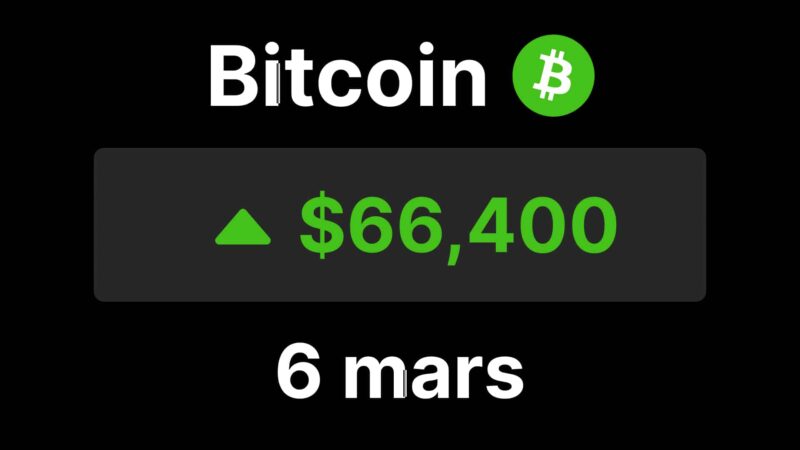The American senator Cynthia Lummis has shared a bill stating that the purchase of Bitcoin for a new strategic reserve would be partly funded by the revaluation of the gold held by the Federal Reserve.
Lummis announced her intention to propose this reserve at the Bitcoin 2024 conference.
During the conference, former President Donald Trump also supported the idea of using the BTC held by the American government, primarily obtained through confiscations and seizures related to criminal cases, to form the “core” of a new “national strategic reserve of Bitcoin”.
Details of the Bitcoin Reserve Bill
The bill proposes the creation of a “Bitcoin Purchase Program” of up to 200,000 BTC per year over a period of five years. The strategic Bitcoin reserve would be partly funded by the revaluation of the gold certificates held by the Federal Reserve.
According to the bill, the purchased BTC would be held for at least 20 years and could only be sold to repay federal debt, with a limit of 10% of assets that can be sold during any two-year period after this initial period.
Funding through Gold Revaluation
The revaluation of the Federal Reserve’s gold certificates is a key element of the proposed financing. The bill states that within six months of the legislation’s adoption, Federal Reserve banks would surrender all their gold certificates to the Secretary of the Treasury.
Within 90 days following this, the Secretary of the Treasury would issue new gold certificates to the Federal Reserve banks reflecting the current market value of gold. The Federal Reserve banks would then remit the difference in monetary value between the old and new certificates to the Secretary of the Treasury.
Other Financing Methods
In addition to gold revaluation, the plan involves setting aside $6 billion from net profits remitted by the Federal Reserve to the Treasury for fiscal years 2025 to 2029. It would also reduce discretionary excess funds of Federal Reserve banks to $2.4 billion, down from the current $6.825 billion stipulated in the Federal Reserve Act.




